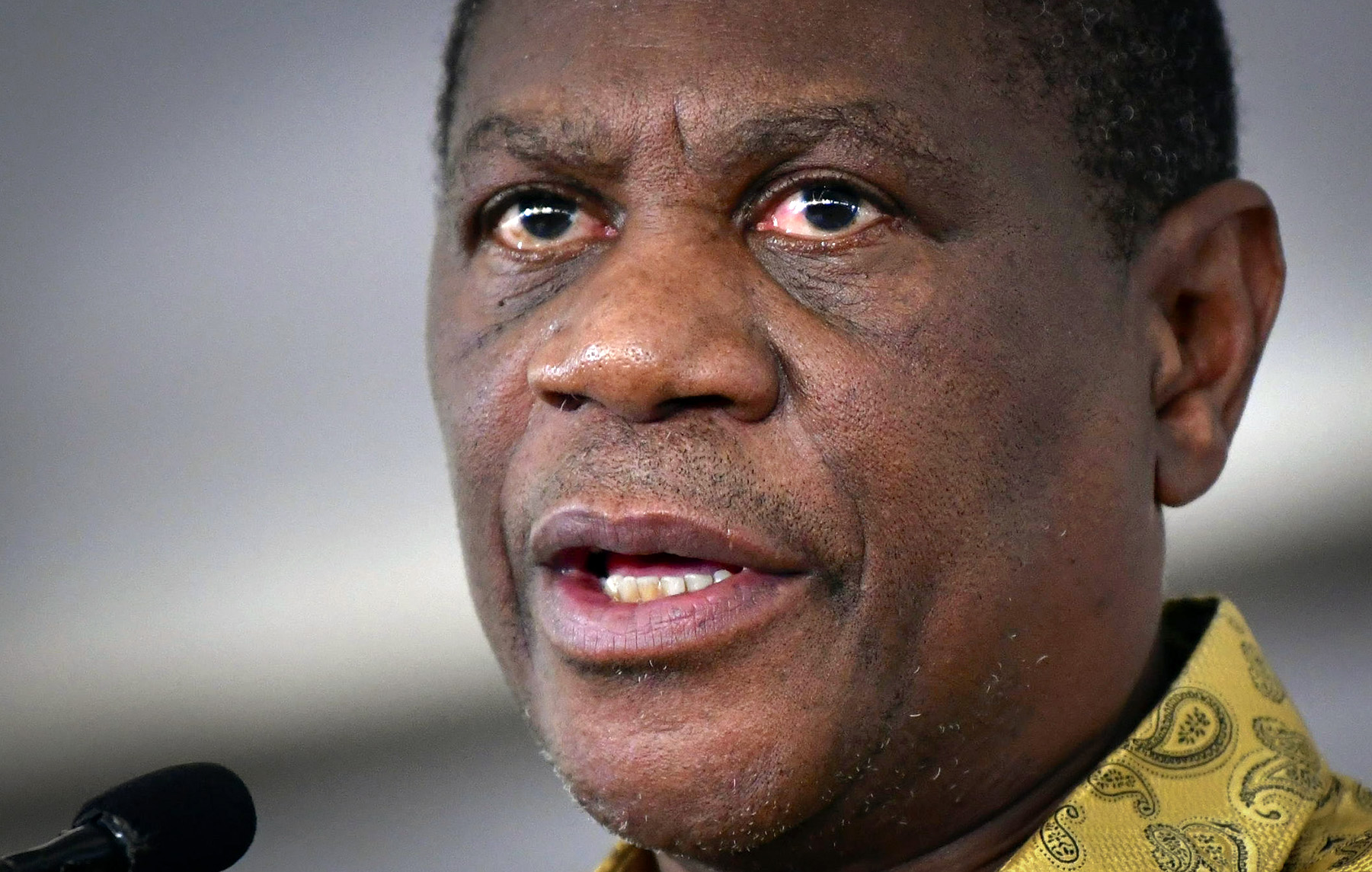Deputy President Paul Mashatile faced tough questions in the National Council of Provinces on Thursday over the Expropriation Act amid continued tensions with the US government over the controversial legislation.
MPs raised concerns about the government’s inability to settle existing land claims speedily, saying that at the current rate the process could take about two decades. They asked how the government planned to expedite the process as a backlog of 5,600 claims from 1998 persisted, with only 300 claims settled annually.
While Mashatile would not commit to time frames, he said the finalisation of outstanding land claims was one of the government’s priorities. This was evident, he said, from the Commission on the Restitution of Land Rights, which introduced Project Kuyasa.
Read more: Land ownership in South Africa — the facts and figures, and figuring out the facts
The project aims to reduce the backlog more quickly by implementing business processing systems and creating financial models to support land reform.
“In terms of these projections, about R11.6-billion will be allocated over the medium term to settle about 844 land restitution claims, with another R3-billion earmarked to allocate another 138,000 hectares of land,” said the Deputy President.
Mashatile said the interministerial committee on land reform and agriculture would continue to coordinate and collaborate with key departments to improve the turnaround times and the government’s capacity to fast-track the settlement of land claims.
He pointed out that a major challenge the government faced was the conflict that emerged during land redistribution and restitution efforts. He said tensions within communities and between households often arose, which could hinder progress.
Read more: Expropriation Act is a ‘tool for justice’, says Land Reform Minister Mzwanele Nyhontso
He shot down suggestions by the US administration that the Expropriation Act was aimed at taking land from white people.
“I know that when the President signed this Act into law, there were those who were saying, oh, now we want to grab land from white farmers… What we are doing with the Expropriation Act is really to ensure redress, to ensure that those who were previously denied and land was taken away from them to have access to land in a legal manner.
“So there’s no way you can have the law and the law allows you to grab land just haphazardly. This law is going to help us to ensure that we fast-track land reform, but we do it within the parameters of the Constitution and the rule of law,” said Mashatile.
Read more: Expropriation Bill: decades in the making, what lies ahead for South Africa?
The government faces several challenges in addressing historical injustices. One concern raised by MPs was the lack of skills of those allocated farming land. Another issue was that many farms, once used for agriculture, now lay fallow because they had been given to individuals with neither the skills nor the resources to manage them.
Read more: ‘We don’t have jobs’: Post-1996 farmland restitution projects sow a costly legacy of failure
Mashatile said the government had noted the concerns.
“We have realised as a government that we need to increase support to ensure that people succeed in utilising the land that is distributed to them,” he said.
DRC mission
Mashatile was also asked about the recent troubled deployment of SANDF troops to eastern DRC, which ended abruptly and unsuccessfully. President Cyril Ramaphosa has suggested that the expected resolution of the conflict justified the withdrawal of the SADC Mission in the Democratic Republic of the Congo (SAMIDRC).
Fourteen SANDF soldiers were killed in the mission.
Mashatile said he and Ramaphosa would continue efforts to prevent a full-scale war in the region, adding that the government had agreed to withdraw troops, but the process would be gradual because of the large amount of equipment the SANDF has.
Read more: Former SA president Kgalema Motlanthe joins eastern DRC peace process facilitators
The SANDF has for years faced resource shortages, affecting its ability to function effectively. Some MPs argued that the troop deployment, costing billions, was pointless.
“Indeed, the SANDF does require additional funding so they can have proper equipment and so on, not only to be able to participate in peaceful missions but also overall for the growth of the defence force and to be able to protect our country properly,” said Mashatile.
He said Finance Minister Enoch Godongwana’s proposed Budget included an increase of about R5-billion for the SANDF. While he recognised this wasn’t enough, he said it was a good start and promised that funding would grow as the economy improved in the coming years.
Despite significant criticism of the mission, Mashatile insisted that South Africa must not retreat from supporting peace initiatives, both in Africa and globally, as this was key to the country’s development. DM





